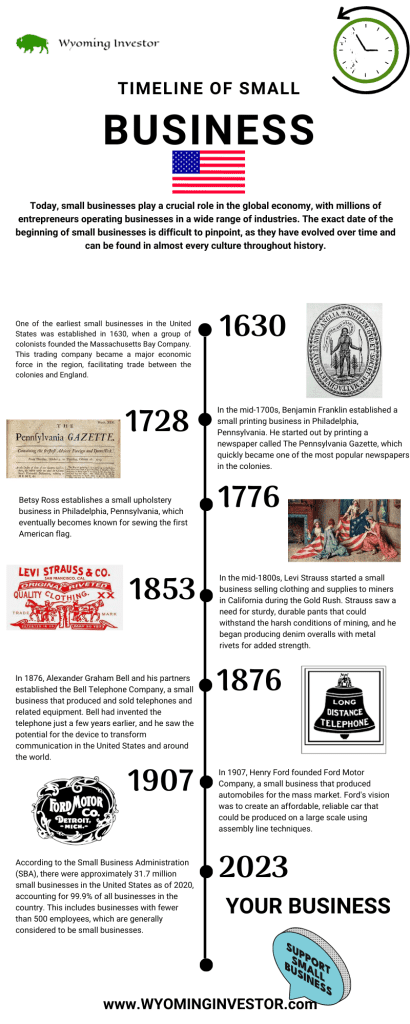Small businesses in the USA not only contribute to the economy but also play a significant role in improving their local communities. This case study examines the impact of small businesses on their communities and how they use their resources to make a difference.

Small businesses have a significant impact on their local communities. They create jobs, drive economic growth, and support community development in various ways. Here are a few key ways that small businesses impact their communities:
- Economic Growth: Small businesses are a key driver of economic growth in the United States. They create new jobs, increase competition, and bring innovation to various industries. According to a report by the Small Business Administration, small businesses accounted for over $6 trillion in economic activity in 2019.
- Innovation: Small businesses are often the most innovative players in their respective industries. They are agile and responsive to changing market conditions and customer needs, and are often able to bring new products and services to market more quickly than larger corporations. This helps to drive innovation across various industries, and contributes to overall economic growth.
- Community Development: Small businesses are deeply connected to their local communities. They often source their materials and services locally, and support other small businesses in their area. This helps to create a sense of community and shared prosperity, and supports economic development at the local level.
- Job Creation: Small businesses are the engine of job growth in the United States. They provide opportunities for individuals to gain employment and build careers, and are often more willing to take risks on new hires or individuals with non-traditional backgrounds.
- Diversity: Small businesses are often more diverse than larger corporations, both in terms of their workforce and their ownership. This helps to promote diversity and inclusivity in various industries, and can lead to new perspectives and ideas that drive innovation and growth.

The Grit and Grind: Surviving and Thriving as a Small Business Owner
Small businesses often face numerous challenges and obstacles when it comes to managing and growing their operations. This is where business consulting can play a crucial role in helping small businesses navigate these challenges and achieve their goals.
Business consulting services can help small businesses in several ways. Firstly, they can provide expertise and knowledge in specific areas such as finance, marketing, and operations. This can help small business owners identify areas for improvement and develop strategies to address any gaps or weaknesses in their operations.
In addition, business consulting services can help small businesses develop a clear and actionable plan for growth. This can include setting achievable goals, identifying opportunities for expansion, and developing a roadmap for achieving these goals over the short and long-term.
Business consulting can also provide small businesses with access to a network of resources and connections. This can include introductions to potential partners, suppliers, and investors, as well as access to industry insights and market research.
Another key benefit of business consulting for small businesses is the objectivity and perspective that consultants can bring to the table. Consultants can provide an outside perspective on a business and identify areas for improvement that may be difficult for business owners to see themselves. This can lead to valuable insights and new strategies that can help small businesses overcome challenges and achieve their goals.
Overall, business consulting can be a valuable investment for small businesses that are looking to improve their operations and achieve long-term growth. By providing expertise, guidance, and access to resources, business consulting can help small businesses navigate the challenges of running a business and take advantage of new opportunities for success.
